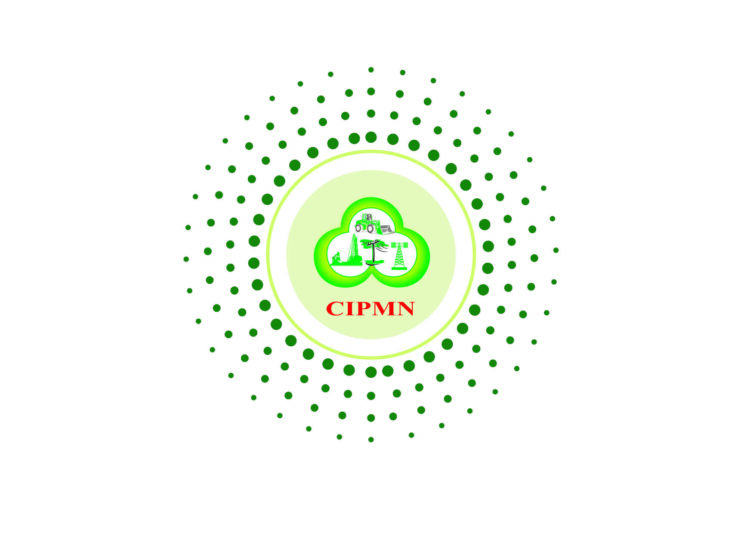The Chartered Institute of Project Managers of Nigeria (CIPMN) has announced a major policy shift, with a new licensing requirement for project managers set to be enforced starting in the first quarter of 2025.
This new regulation will mandate that all project managers, whether operating locally or internationally, must secure certification from CIPMN to lead or oversee projects within Nigeria.
The registrar of CIPMN, Henry Ifeanyi Mbadiwe, revealed the details of the policy during a press conference in Abuja.
He underscored that this requirement is not a mere suggestion but a legal obligation. “It is not a suggestion; it is the law,” Mbadiwe asserted.
He expressed his frustration with the widespread disregard for legal standards in Nigeria, which he believes has contributed to significant inefficiencies and a high rate of project failures. “While I may not have control over all sectors, I can assure you that in the project management sector, we are committed to upholding the law,” he said.
The introduction of this policy comes amid Nigeria’s ongoing crisis with abandoned projects, which have accrued costs exceeding N17 trillion. The registrar attributed the high failure rate of these projects to several factors, including inadequate planning from the start, improper budgetary allocation, a corrupt and inefficient legal system, and weak institutions that undermine project continuity during political transitions.
To address these issues, he said CIPMN is implementing the new licensing requirements as part of a broader strategy to improve project management standards in Nigeria. The policy will also require individuals with internationally recognised project management certifications—such as PRINCE2 from the UK or PMP from the PMI in the US—to also obtain a practising licence from CIPMN. Mbadiwe emphasised, “This is Nigeria, not America, China, or the United Kingdom. The law operating in Nigeria must be obeyed without compromise.”
In addition to the new licensing regulations, he disclosed that CIPMN has introduced several initiatives aimed at enhancing project management practices. According to him, the Institute has partnered with the National University Commission (NUC) to launch Nigeria’s first Project Management Curriculum for universities. This curriculum will offer Bachelor’s degrees in project management, providing a formal education pathway in the field.
He noted that CIPMN has further collaborated with the Industrial Training Fund (ITF) to develop a project management curriculum tailored for artisans. This curriculum, part of the SUPA program, is designed to equip artisans with essential project management skills to improve the execution of their projects.
Furthermore, the Institute is working with the Standard Organisation of Nigeria (SON) to establish a new Project Management Standard, which will be the second of its kind in Africa.
Mbadiwe called for a unified approach to addressing Nigeria’s project management challenges and criticised the fragmented efforts that have hindered progress.
He urged all stakeholders, including government ministries, departments, and agencies, to adhere to the new regulations and support a more accountable and effective project management sector.
“I also call on all Ministries, Departments, and Agencies of Government to take this call seriously. Since I believe MDAs cannot ignore extant laws, I also believe that they cannot allow their contractors and consultants to do the same.
“While we have kicked off conversations with The Bureau of Public
Procurement (BPP), we expect that these do not drag on forever.”
He stressed that the goal is not about personal recognition but about achieving tangible value and progress for the country.
Mbadiwe called for a collective commitment to upholding standards and reforming outdated laws to foster a more efficient and accountable project management environment in Nigeria.





